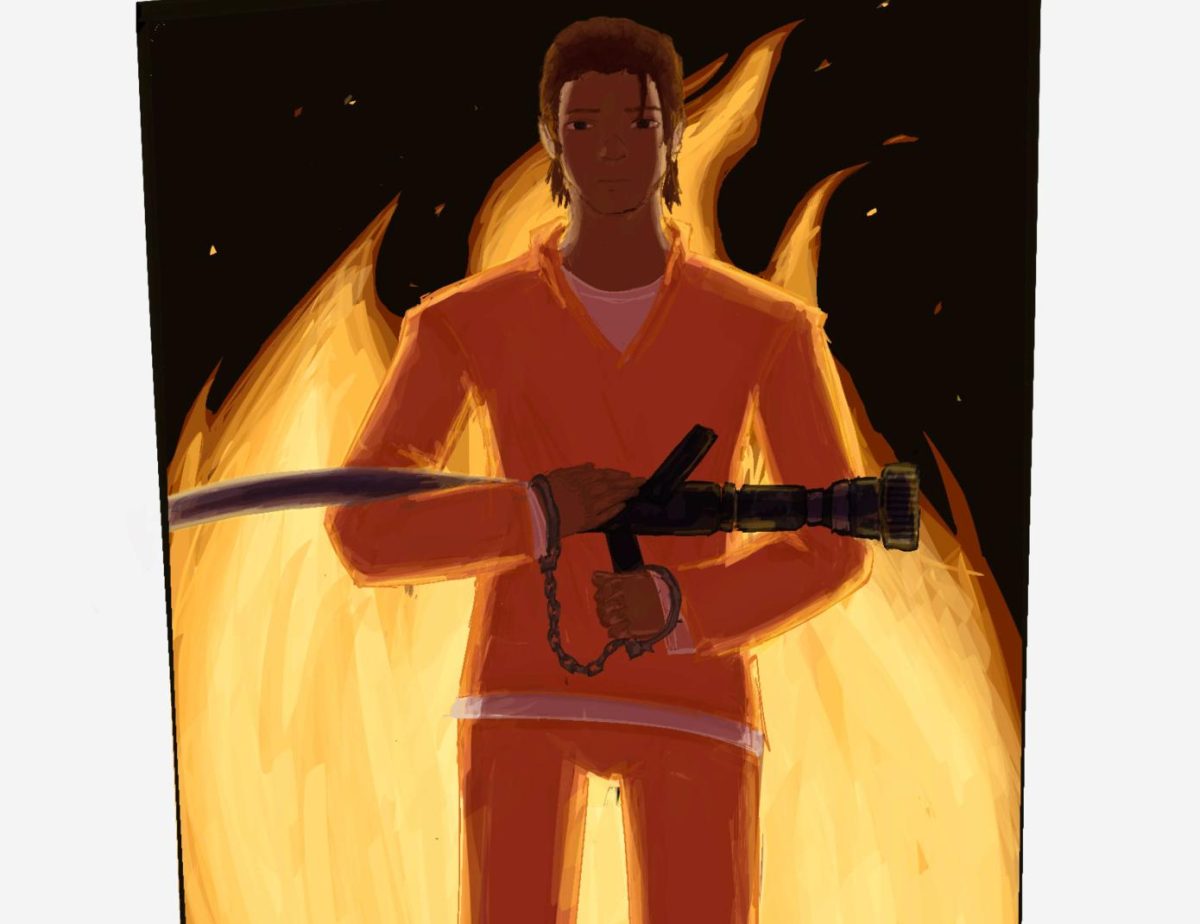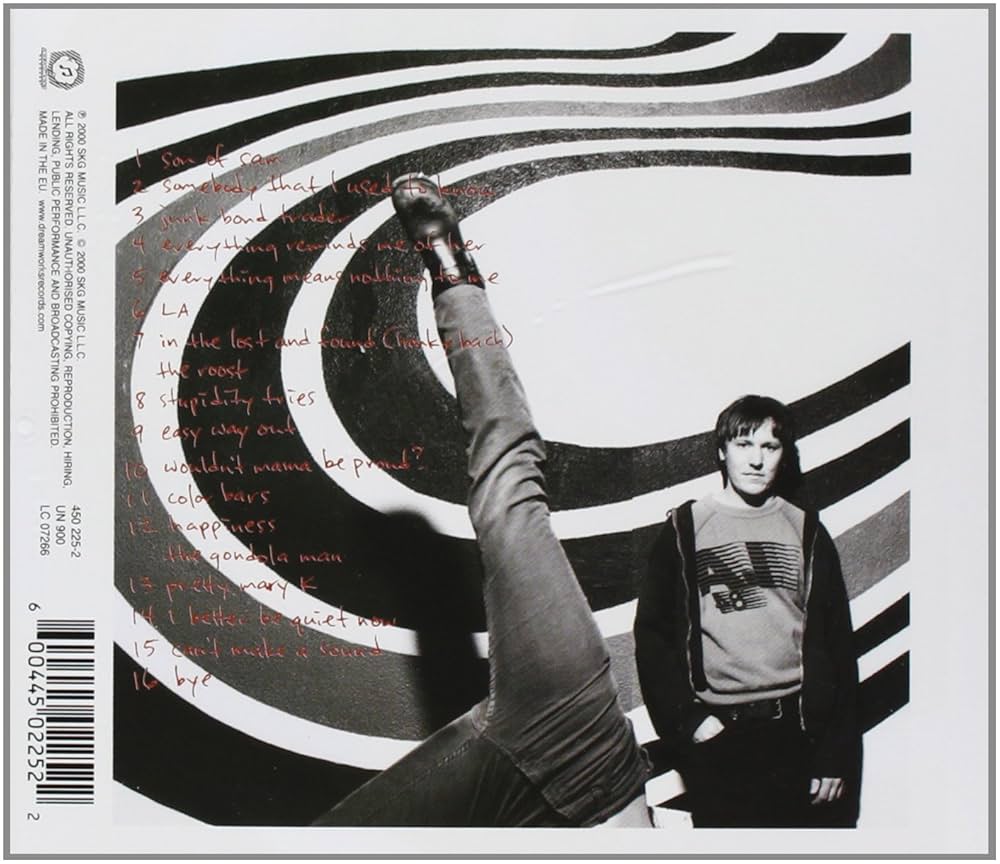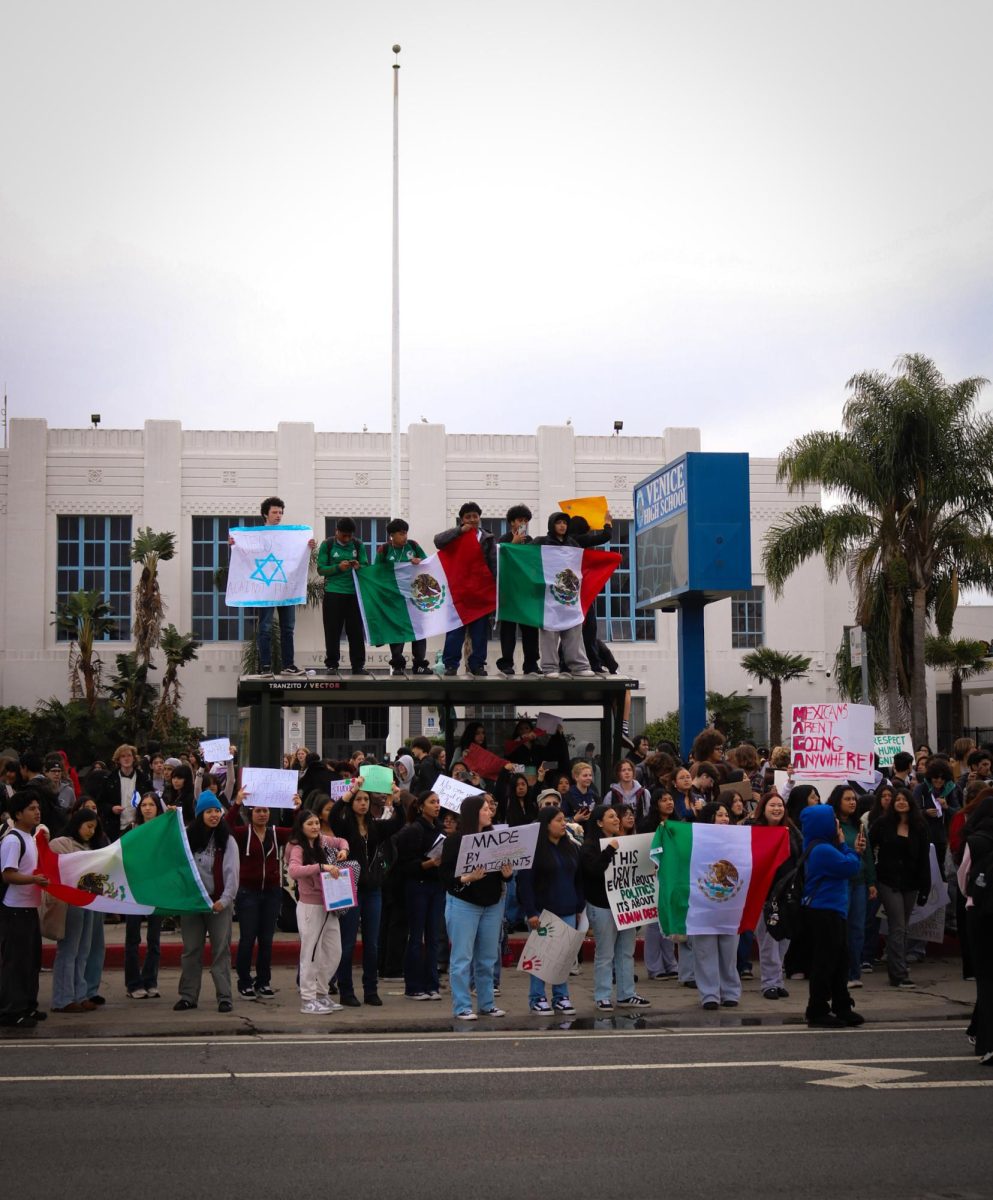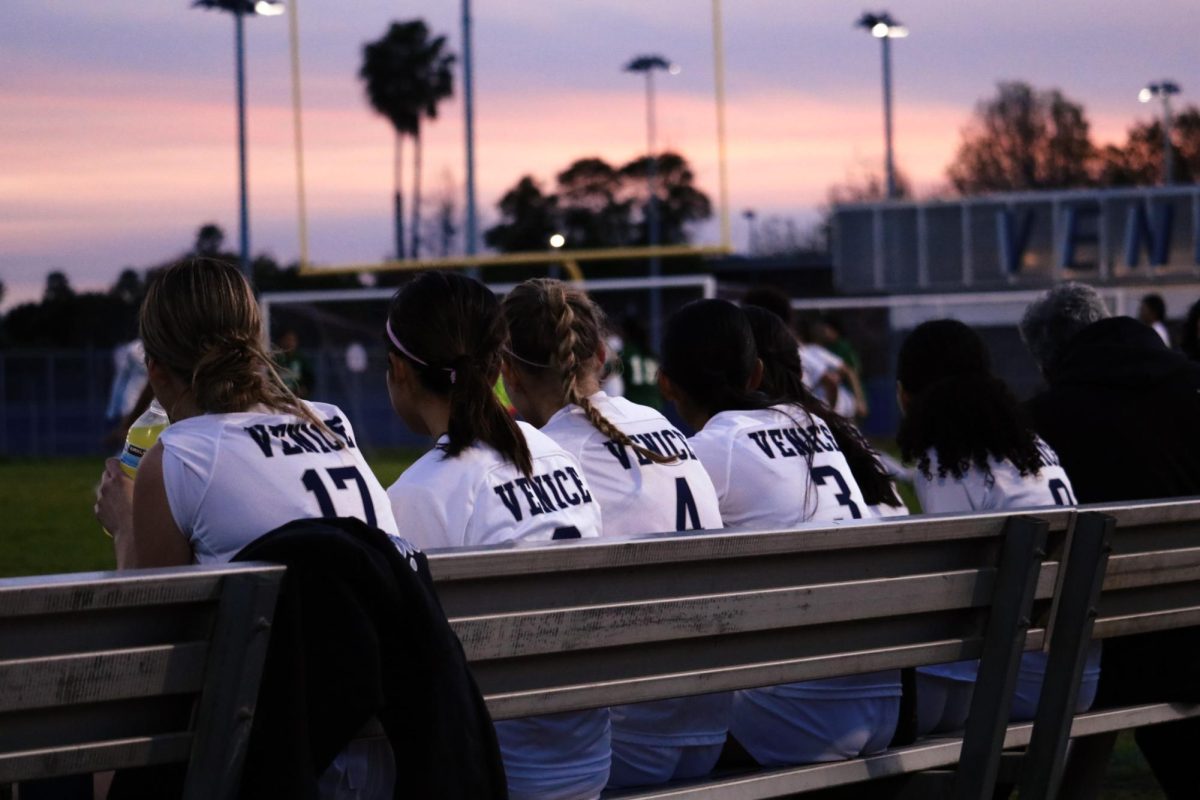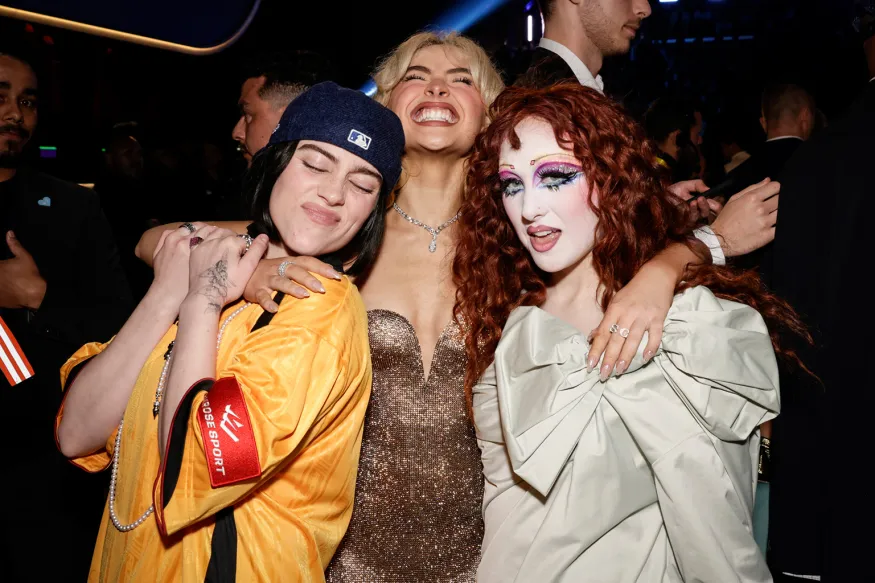In the records of Los Angeles history, there’s a small number of events that have left a mark as unforgettable as what happened with O.J. Simpson.
O.J. Simpson was a football player, well-liked and popular in the 1960s to 1980s. A beloved football player vexed murder suspect. To compare the shocking reveal to today, imagine if Ryan Reynolds had just killed his ex-girlfriend.
You couldn’t believe it, so you didn’t.
From the white Bronco chase viewed by 95 million people live in L.A., to the trial where fans, media, spectators, and the majority-black jury agreed that the arrest against Simpson was racially motivated, Simpson built up quite a controversial reputation.
For context, the police in L.A., had a history of a racial bias against African Americans at the time, which prompted the idea and eventually the official verdict that Simpson was “not guilty.” His trial is regarded as one of the most “publicized criminal cases” in the world.
One hundred and fifty million people watched his verdict live—that’s Super Bowl level views. His celebrity status was shattered, but also lifted by devoted fans.
Simpson’s situation was fascinating and the response from his fans was historic.
But honestly, not a surprising reaction from the media, who were claiming he was innocent. Nowadays, fan girls on TikTok are signing petitions to let tall, darked haired, good-looking murderers out of prison.
However, in my opinion, the most chilling chapter in Simpson’s story came when he wrote his greed-driven book titled “If I Did It;” it’s an absolutely insulting and almost evil hypothetical confession of “I’m not saying I did it, but if I
did, here’s how and why.”
Now with Simpson’s extremely recent passing due to cancer, his saga provokes disbelief among people who were affected by Simpson’s crimes. It’s a “wow” kind of moment; it’s surreal.
His death reflects on the crossing between fame and justice. Celebrities seem to get away with crimes easily, or even simply rude behavior, just because they are celebrities.




